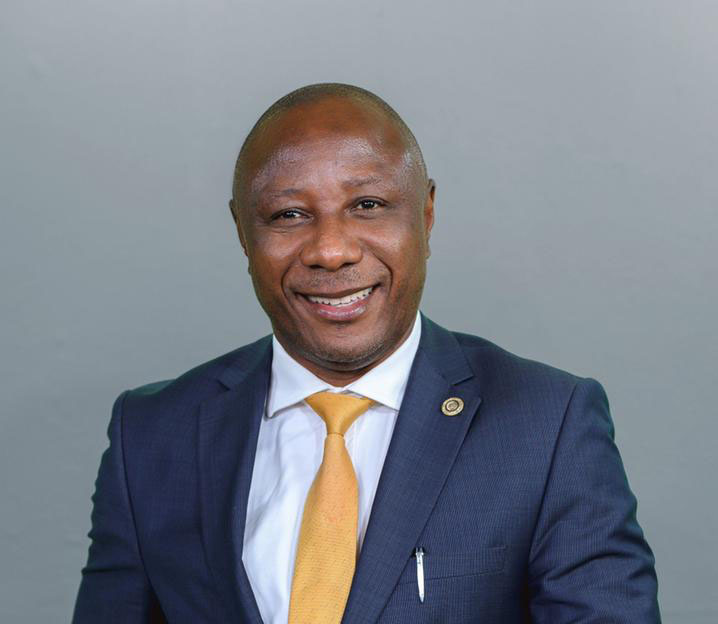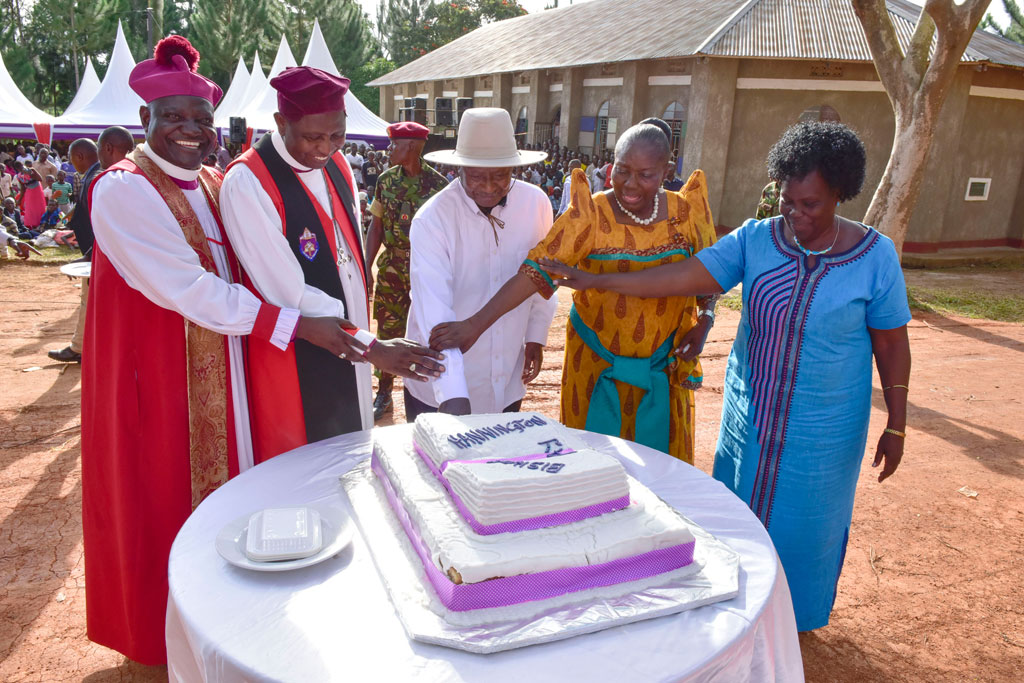Schools will officially re-open for all classes on January 10, 2021, according to the schools and other institutions calendar that was officially released today by Education and Sports Minister and First Lady, Janet Museveni.
The new calendar covers all primary, secondary technical and community polytechnics, many of which have been closed for more than a year.
Schools in Uganda have remained closed for over 80 weeks, the longest school closure recorded across the world. But today, Mrs Museveni announced that the closure, which started on March 20, 2020, is ending and all learners will report back at once.
She said that the first term of school will start on January 10 and run up to Apirl 15, of the same year. Learners will then break off for three weeks and return for second term on May 9 which will also end on August 12. The third term is scheduled to start on September 5 and run into December 9.
Mrs Museveni made the announcement during the closure of the Education Sector Review that took place at Kololo Independence Grounds today.

Uganda’s academic year normally runs from February to November with the school calendar covering 260 days of curricula and co-curricular activities, assessment, and national examinations. Under this arrangement, the system leaves out 104 days for holidays.
However, due to the closure of schools as a safety measure to control the spread of the COVID-19 most of last year, the school calendar was affected and the ministry has been planning ways to adapt, and ensure continuity of learning.
Although the designed calendar is more like the normal year, learners will have expanded instructional time. They will stay at school for 14 instead of 12 weeks, implying that instructional time has been expanded by 34 days and holidays have also shortened by 13 days.
Instructional time is the amount of time during which learners are taught by a classroom teacher in a school. It can be compounded from the contact hours per day. For instance, in Uganda school time is expected to start at 8 a.m. to 1 p.m. in lower classes, while the time for primary and secondary classes is extended up to 4 p.m. running from Monday to Friday.
According to the calender, holidays will cover three weeks instead of one month, while the longer third term holiday which is usually almost eight to nine weeks has also been cut to seven weeks.
In a recent interview, Rosemary Mukami Kariuki, the World Bank Country Manager told URN that the government, in addition to the planned prioritization of curricular fundamentals, can consider expanding instructional time as one of the ways through which Uganda can make up for the lost learning time.
According to Kariuki, expanding instructional time could be done by modifying the academic calendar; extending the school day; decreasing the number of days allocated for holidays, or adopting teaching over the weekends where applicable.
Govt Silently Declares 2021 a dead year…
Last year the Ministry of Education designed a three-year education institutions’ calendar that was to guide schools to recover lost time and also harmonize the normal school calendar and academic year schedules.
However, before it was implemented, the country went into a second lockdown disrupting all the planning that had been laid by the ministry
When schools closed in March 2020, authorities at the ministry and government at large thought that schools would reopen after a few months. However, the school closure went on until October with candidate classes allowed to go to school.
Despite different voices that asked government to declare a dead year, the Ministry of Education insisted that there was no need for a dead year as it could cause a clog into the system.
Two years down the road, many learners have never stepped again in physical classes since March 2020. And without telling Uganda, the government has silently skipped the academic calendar 2021.
















